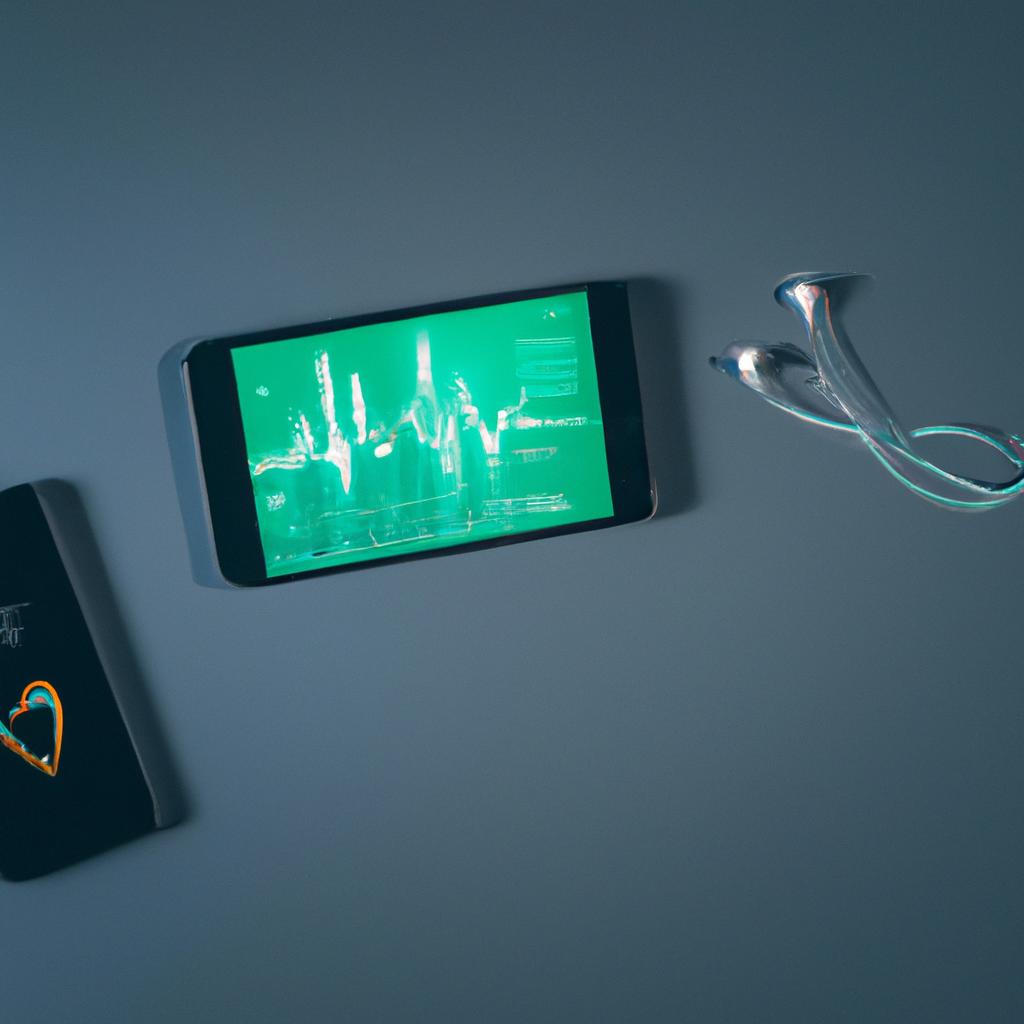**”The Future of Mobile Health Monitoring: How AI and Machine Learning are Shaping Personalized Health Insights and Interventions”**
# The Future of Mobile Health Monitoring: How AI and Machine Learning are Shaping Personalized Health Insights and Interventions
In recent years, mobile health monitoring has transformed the way individuals manage their health. With the rise of smartphones and wearable devices, health tracking has become more convenient and accessible than ever before. The integration of artificial intelligence (AI) and machine learning (ML) into these technologies is revolutionizing how we gain insights into our health, offering personalized and actionable interventions. As we look to the future, it is essential to understand how these advancements can empower individuals to take charge of their health journey.
## The Role of AI and Machine Learning in Health Monitoring
### Understanding AI and Machine Learning
AI refers to computer systems that simulate human intelligence to perform tasks and make decisions. Machine learning, a subset of AI, involves algorithms that can learn from data and improve over time without explicit programming. Together, these technologies analyze vast amounts of health-related data, enabling them to recognize patterns and provide insights that were previously unattainable.
### Personalized Health Insights
One of the most significant advantages of AI in mobile health monitoring is its ability to deliver personalized health insights. By collecting data from various sources—such as wearables, health apps, and electronic health records—AI algorithms can identify trends unique to each user. For instance, they can analyze sleep patterns, physical activity levels, and dietary habits to provide tailored recommendations aimed at improving overall health.
## Nutrition Tips
### Smart Food Choices
To optimize health through nutrition, AI-powered apps can suggest meal plans based on individual dietary preferences, nutritional needs, and health goals. For example, if a user is trying to lower cholesterol, the app may recommend foods rich in omega-3 fatty acids and fiber, such as salmon and oats.
### Tracking and Adjustment
Regularly logging food intake can help users stay accountable and make informed dietary choices. Many health apps now utilize machine learning to analyze food logs and provide feedback. If a user is consistently exceeding their calorie intake, the app can suggest adjustments, such as reducing portion sizes or swapping high-calorie foods for healthier options.
## Exercise Advice
### Customized Workouts
AI-driven fitness apps can create personalized workout plans based on users’ fitness levels, goals, and even available equipment. By continually monitoring performance and progress, these apps can adapt workout routines to ensure that users remain challenged while minimizing the risk of injury.
### Motivation and Engagement
Machine learning algorithms can analyze user behavior and preferences to keep individuals motivated. For example, if an app notices that a user prefers outdoor workouts, it might recommend local parks or trails for running. Additionally, some platforms incorporate gamification, rewarding users with badges and achievements to encourage consistency and engagement.
## Health Benefits
### Early Detection and Prevention
One of the most promising aspects of AI in health monitoring is its potential for early detection of health issues. By continuously analyzing data, AI can identify anomalies that may indicate underlying health problems, such as irregular heartbeats or unusual blood pressure readings. This early intervention can lead to timely medical attention, potentially preventing more severe conditions.
### Enhanced Decision-Making
AI provides healthcare professionals with powerful decision-support tools. By analyzing patient data, AI can offer clinicians insights that enhance diagnosis and treatment plans. This collaboration between AI and healthcare providers can lead to improved patient outcomes and more efficient healthcare delivery.
### Empowering Individuals
Ultimately, the integration of AI and machine learning into mobile health monitoring empowers individuals to take control of their health. Personalized insights and recommendations enable users to make informed decisions about their lifestyle choices, leading to better health management and improved quality of life.
## Conclusion
As we move forward into an era defined by technological innovation, the future of mobile health monitoring looks promising. The integration of AI and machine learning is set to transform how we understand our health, offering personalized insights and interventions that empower individuals to make informed choices. By harnessing these advancements, we can look forward to a healthier, more proactive approach to personal health management, reminding us that the future of wellness is not just about tracking numbers but understanding our unique health journeys.















Post Comment